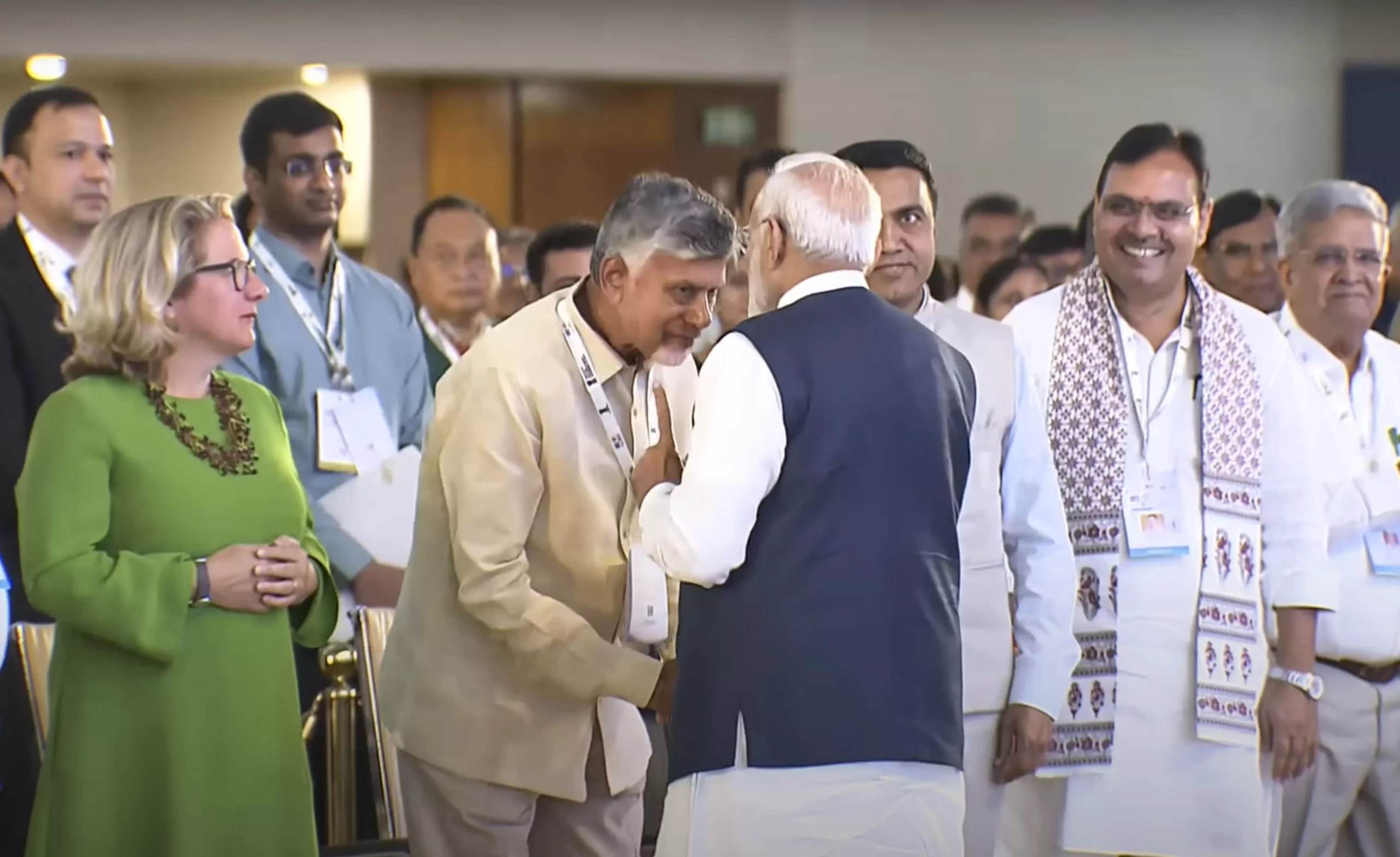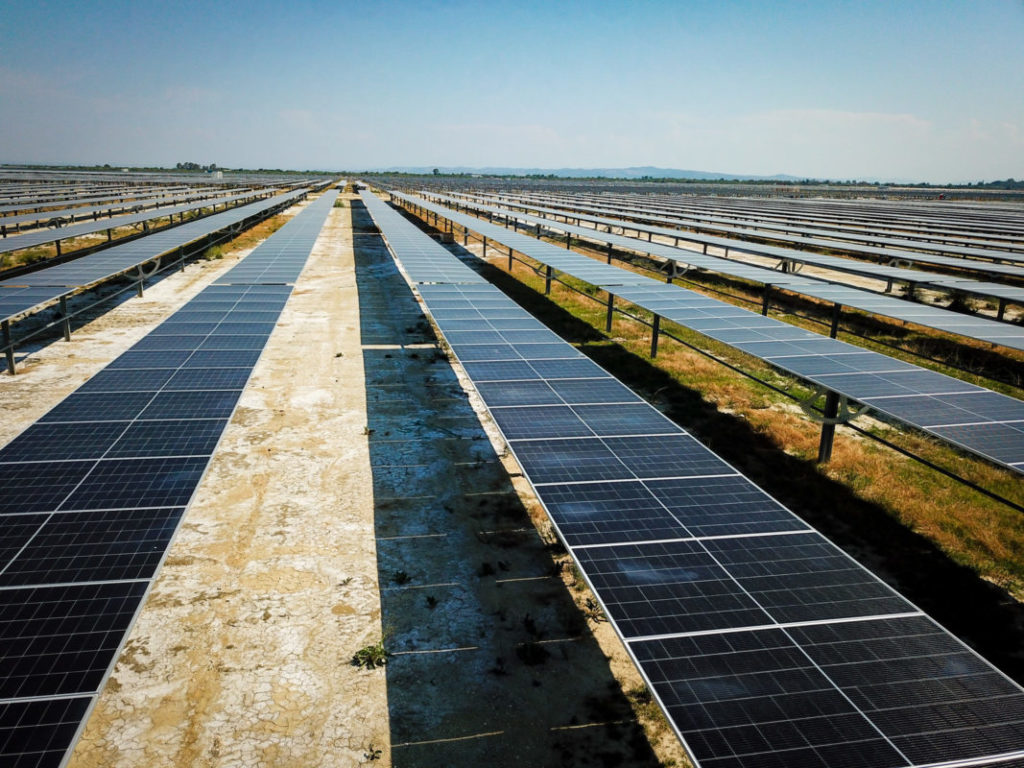The LUMS Energy Institute (LEI) has launched a comprehensive report titled “Sustainable Architecture: Advancing Energy Efficient Buildings.” This initiative aims to address Pakistan’s energy challenges by emphasizing the importance of energy-efficient practices in residential construction. The report suggests that such practices could substantially reduce energy consumption, leading to significant economic savings.
Dr Fiaz Ahmad Chaudhry’s Insights
Dr Fiaz Ahmad Chaudhry, the Director of LUMS Energy Institute, underscored the urgency of adopting energy-efficient measures. He emphasized that the substantial expenditure of nearly USD 100 billion on power plants, primarily catering to summer cooling loads, is unsustainable. Dr Chaudhry proposed that by integrating energy-efficient practices, cooling loads could be slashed by at least 50%, resulting in substantial financial savings.
Addressing Seasonal Electricity Demand
Electricity demand in Pakistan experiences seasonal fluctuations, with peak demand occurring during hot summer months for cooling purposes. This necessitates an additional 18,000 MW of power plant capacity, which remains underutilized for the rest of the year, imposing a substantial financial burden of nearly $100 billion on the national economy. Dr Chaudhry highlighted that adopting energy-efficient practices in residential construction could significantly alleviate this burden.
Key Insights from the Report
The report delves into various aspects of energy-efficient practices, encompassing locally available materials, Building Information Modelling (BIM) outcomes, and cost-benefit analyses. It provides valuable insights for stakeholders, homeowners, the construction industry, and regulatory bodies, offering a roadmap to embrace sustainable practices.
Detailed Analysis of Energy-Efficient Practices
The report offers a detailed analysis across different types of houses, including 5 Marla row houses, 10 Marla semi-detached houses, and 1 Kanal fully detached homes. It underscores the fundamental role of energy-efficient building insulation in minimizing electricity usage during the summer. Specific practices such as using energy-efficient fans, appliances, and integrating geothermal solutions with air conditioning systems are highlighted for their potential to substantially reduce energy consumption.
Promoting Solar Power and Environmental Sustainability
Additionally, the report advocates for the integration of solar panels in homes, especially in energy-efficient structures, where installation costs could be 50% lower than in standard homes. These findings were presented to policymakers, regulatory bodies, and key stakeholders in the energy and construction sectors.
Blueprint for Sustainable Architecture
Dr Chaudhry positioned the report as a blueprint for the future of sustainable architecture in Pakistan. It aims to inspire a paradigm shift in how buildings are designed and constructed, prioritizing environmental sustainability and energy efficiency. The report aligns with the broader goal of steering Pakistan towards a more sustainable and energy-efficient future.
Source: en.dailypakistan.com.pk





